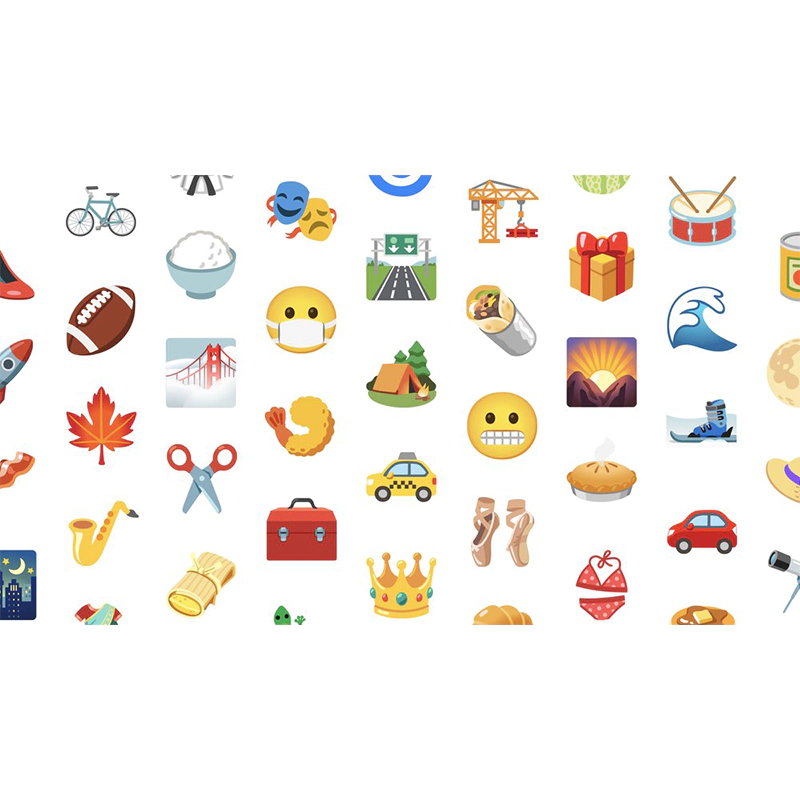
Many people use them, but many may not realize that emojis have become an important means of sharing emotion and intention in messaging.
Emojis are those small pictures, the pictograms, or also called logograms, or ideograms. To most people, they are also called "smiley." What came from a Japanese word, has invaded the digital world, populating electronic messages and web pages.
Their popularity stem from the fact that they can be used to fill in emotional cues that otherwise missing.
Because a single picture can mean a thousand words, a single emoji can literally describe a whole meaning or sentence, even without requiring the responder to type a single word.
While new emojis are frequently added to the Unicode Standard, and are typically introduced through OS upgrades, Google thinks that older emojis should also experience redesigning.
In a blog post, Google announced that it has retouched hundreds of the little fun icons — 992 to be exact:

Google said that more than 3,521 emojis, Google is giving many of them "some love" by making them "more universal, accessible and authentic."
Google is redesigning them to also make the emojis more relevant, and in some cases, also bolder with a more exaggerated look.
This should be helpful considering how small they appear on most screens.
Like for example, the croissant and bacon emoji have more shine to them; the tempura shrimp and rice bowl have colors that are more pronounced; the scissors are having sharper edges; vehicles are made more eye-catching; the bikini no longer looks like it's being worn by an invisible person, and so forth.
And probably the most notable in this 'COVID-19' coronavirus era, Google has updated the face mask emoji to have its eyes open. This makes the emoji capable of representing someone who is healthy, but wears a face mask, as oppose of someone using a face mask because of being sick.
Google said that it made this change to reflect the fact that face masks have become “a universal way of showing kindness to others,” rather than a symbol of someone being sick.

Google has been working to bring this, while also making the font file that houses new emojis updatable without requiring users to update their Android.
According to Google, all apps that support the Appcompat library should be able to get the latest emoji updates from Google, no matter how old the phone is, hinting that it's a feature for Android 12..
Appcompat is like an upgrade for the EmojiCompat, which worked on API level 19 or Android 4.4 and above. EmojiCompat allows Android to update its list of emojis, but unlike Appcompat, it doesn't allow a global update, meaning that not all apps can benefit from its presence.
Another way of saying it, Google wants to totally decouple emojis from Android's system.
Google is able to do this because emojis are considered fonts, and fonts can be made updateable through Android's data partition.
And with this announcement, Google not only brings the redesigned emojis to Android, as it is also making them available on other Google platforms like Gmail, Chrome OS, Google Chat, and YouTube Live Chat.
It should be noted that none of these changes are particularly drastic, and are considered a tweak that is long overdue. Google does the changes to correct inaccuracies or reflect changing cultural assumptions about how they’re used, just ahead of the World Emoji Day.
